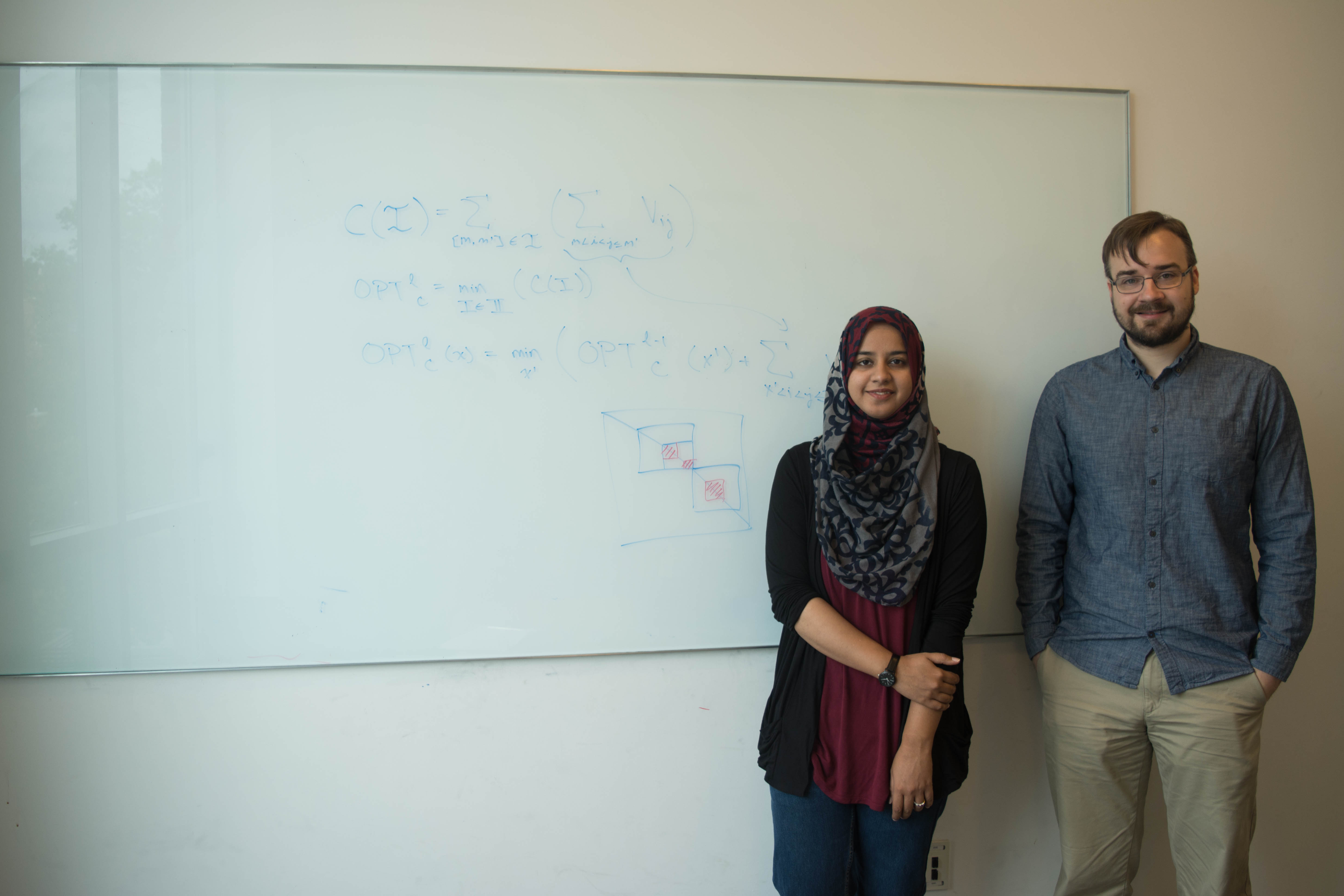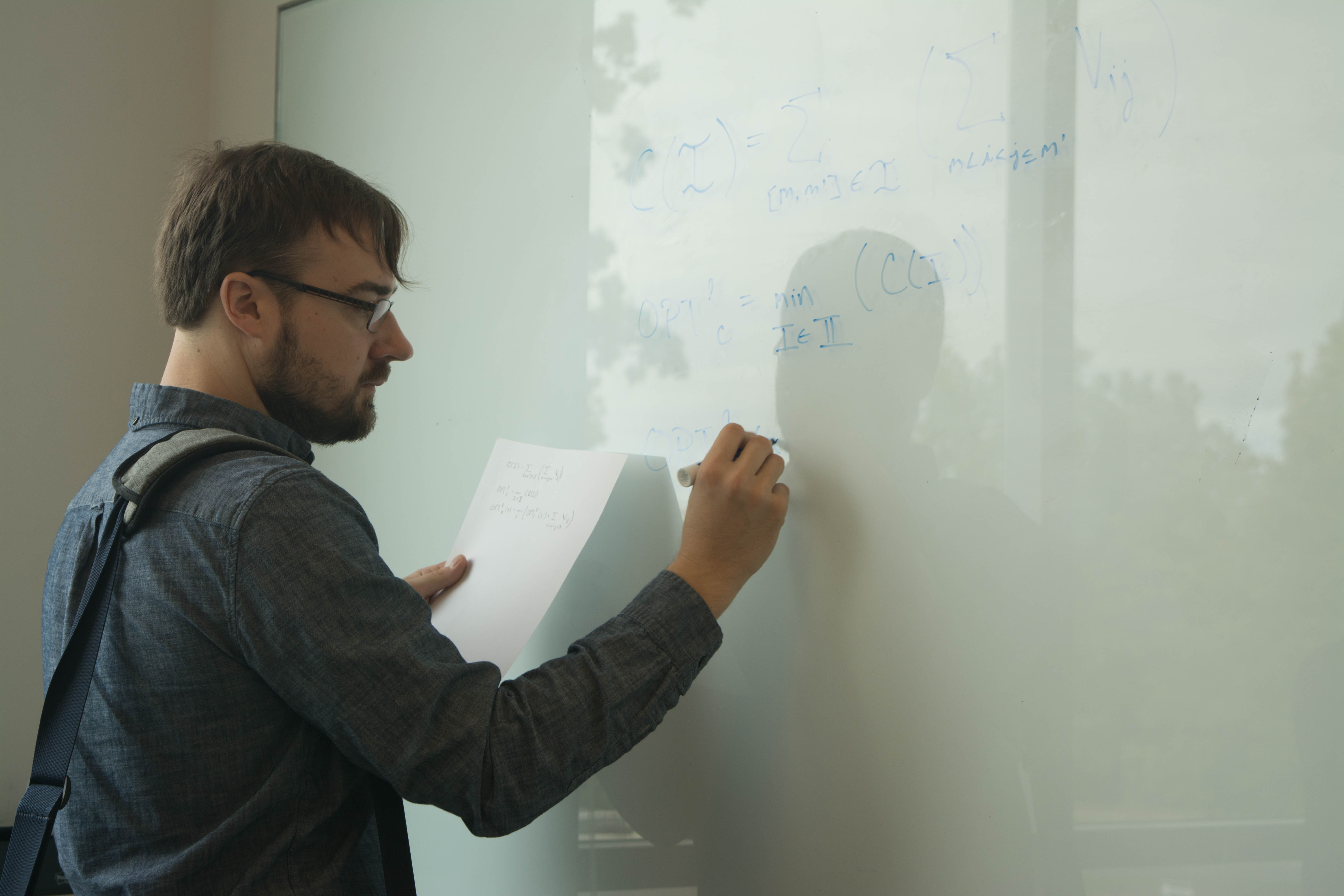The Association for Computing Machinery (ACM) held its eighth conference on Bioinformatics, Computational Biology, and Health Informatics, otherwise known as the ACM-BCB.
Held in Boston, the conference is known to be the first-in-class “dissemination forum for interdisciplinary research linking computer science, mathematics, statistics, biology, bioinformatics, biomedical informatics and health informatics.” This year, Stony Brook University had the honor of having Professor Rob Patro and PhD student Laraib Malik not only attend the conference, but win the best paper award!
The duo co-authored a 2017 piece entitled, Rich Chromatin Structure Prediction from Hi-C Data. The paper introduced new algorithms that allow the use of DNA sequencing via Hi-C experiments to try and better measure the 3D shape of the genome.
“Being selected to receive ACM BCB’s best paper award was a tremendous honor for Laraib and me, especially given the abundance of great papers presented at BCB this year,” Patro said. “We’ve been working on this project for quite some time, and it is incredibly rewarding to be recognized by the community for our contribution.”
In this paper, Patro and Malik describe a new algorithm that can extract the whole hierarchy of the genome structure. Their new algorithm will allow biological analysis of the hierarchy altogether, instead of forcing understanding to a single level of resolution.
“Our algorithm is very computationally efficient, and is able to process even large, high-resolution data sets on a PC in a matter of tens of minutes,” Patro explained. “Moreover, we also demonstrate in the paper that the large-scale structures in this hierarchy are conserved across different types of cells, and even across different organisms — suggesting their biological importance.”
Patro leads the COMputational BIology and Network Evolution (COMBINE) lab within the computer science department. The pair have been working together for three and a half years, focusing on developing accurate and computationally efficient methods to process and analyze high-throughput sequencing data.
Along with working on the piece that earned them the best paper award, Patro and Malik are developing accurate and fast methods for analyzing and annotating de novo transcriptome experiments, wherein scientists want to study gene expression in organisms for which no reference genome exists.
Malik came to Stony Brook in January 2014 after studying computer science at Pakistan’s Lahore University of Management Sciences. She was one of three doctoral students who earned a scholarship from the Anita Borg Institute, representing the university at the Grace Hopper Celebration of Women in Computing (GHC17).
As the two move forward, they look to make an impact on not only the Stony Brook community, but for the computational biology community at large.
Author: Joseph Wolkin
Photographer: @Siobhanspix


